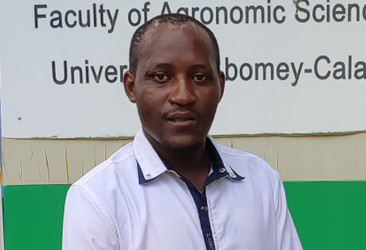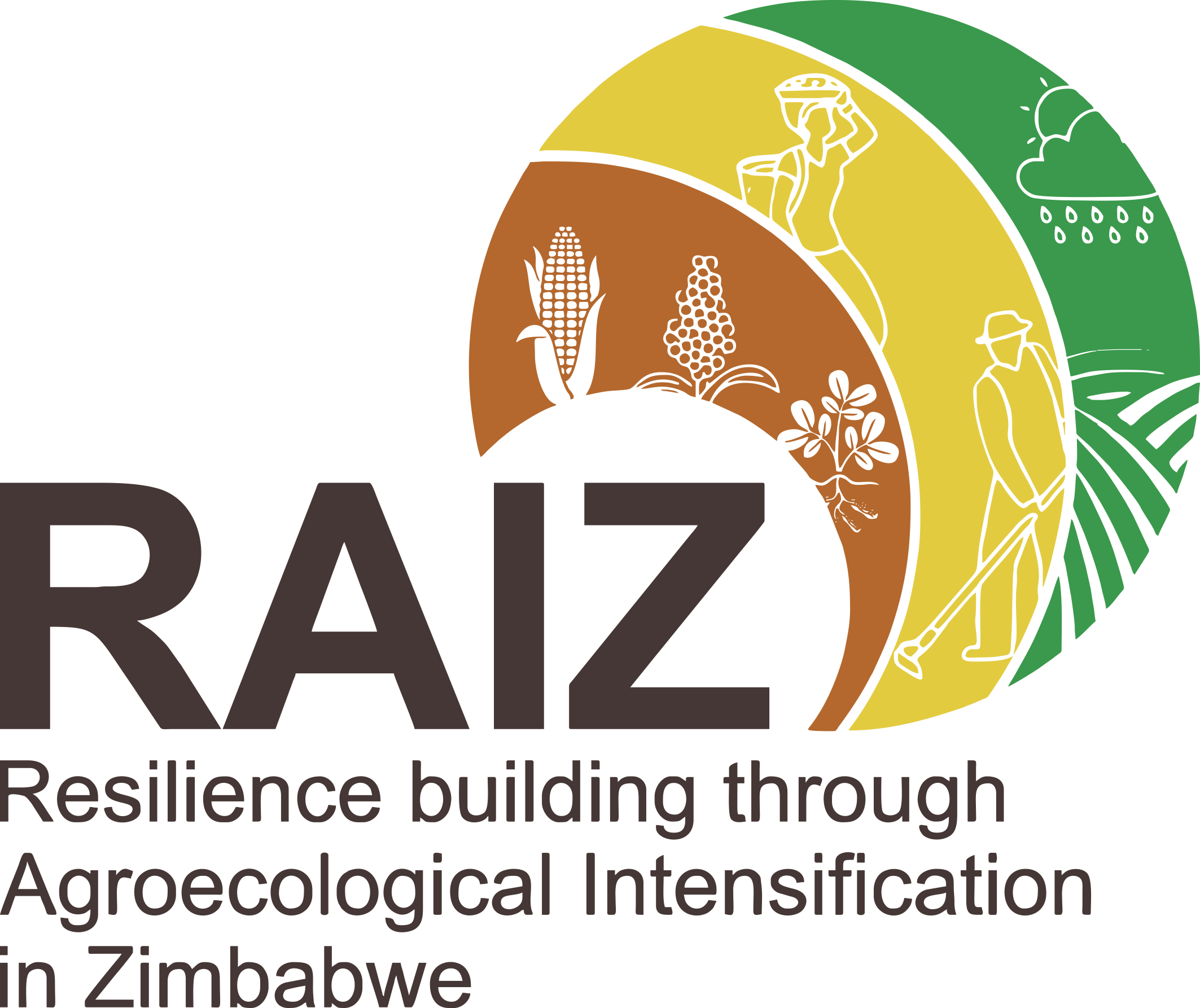A farming systems spatial analysis on the impacts of key insect pest and disease pressure on smallholder farms across a climate gradient in the Mashonaland East Province of Zimbabwe.
Research question
The research aims to assess the impacts of pests and diseases in sub-humid and semi-arid regions of Zimbabwe. It is divided into two main areas which are pathology and entomology. In pathology section, the research aims to assess the impacts of common diseases on maize, groundnuts and cow peas under smallholder farming systems. On entomology, the research aims to assess the impacts of common pests in maize, groundnuts and cowpea under smallholder farming systems. The project also introduces and assesses the potency of push-pull technology to minimize the damaging effects of lepidopteran pests on maize. Soil pathogenic pests and diseases in maize and groundnuts fields will also be determined and quantified in the laboratory.

Hardlife CHINWA
PhD Student
General context
There is high yield gaps on maize, ground nut and cowpeas under smallholder farming systems. The contribution of pests and diseases towards the experienced yield gaps is less understood. In response to curb off the experienced yield gaps, different farming systems are under evaluation included the recently adopted Pfumvudza (conservation agriculture). The techniques lack detailed information on pests and disease build ups which are likely to be promoted by such methods. Most of the pests and disease overwinter in crop residues and they are likely to be shifted from one season to another in smallholder farms. Pests like nematodes occupy micro-environments in the soil pockets whilst diseases such as aspergillus can overwinter in the soil.
Importance of the research question
Understanding the impacts of pets and diseases help the decision-making personnel to draft effective means of curbing off the mayhem posed by biotic stresses. It also gives an enabling environment in the implementation of monitoring strategies to track notorious or devastating species of the aforementioned biotic stresses. Push-pull technology enables farmers to grow food and fodder crops in a climate smart manner while minimising production costs. Understanding the incidences of pests and diseases helps to predict their possible impacts in the future. Analysing soil microbial densities (phytopathogenic organisms) associated with different farming systems helps to draw effective measures to minimise their compositions. Eventually, understanding the impacts of pest and disease pressure minimise yield gaps farmers are experiencing.
Duration
2022-2025
Location
Agroecological regions II, III and IV (Murehwa & Mutoko Districts)
Supervision
Supervisor – Dr. Elizabeth Ngadze (University of Zimbabwe)
Co-Supervisors – Dr. Casper N. Kamutando (UZ); Prof. Regis Chikowo (UZ); Dr Remi Cardinael (CIRAD, UR AIDA)
Biography
Hardlife Chinwa completed his 3-year Diploma in Agricultural Sciences at Gwebi College of Agriculture. He further pursued his studies to acquire a BSc (Honours) Horticultural Sciences at Women’s University in Africa and MSc (Plant Production Sciences and Technologies) formerly Crop Science specializing in Plant Breeding. Hardlife has worked as a research intern at Seed Co Zimbabwe from 2019-2020 and as a graduate teaching assistant at the University of Zimbabwe under Faculty of Agriculture.
